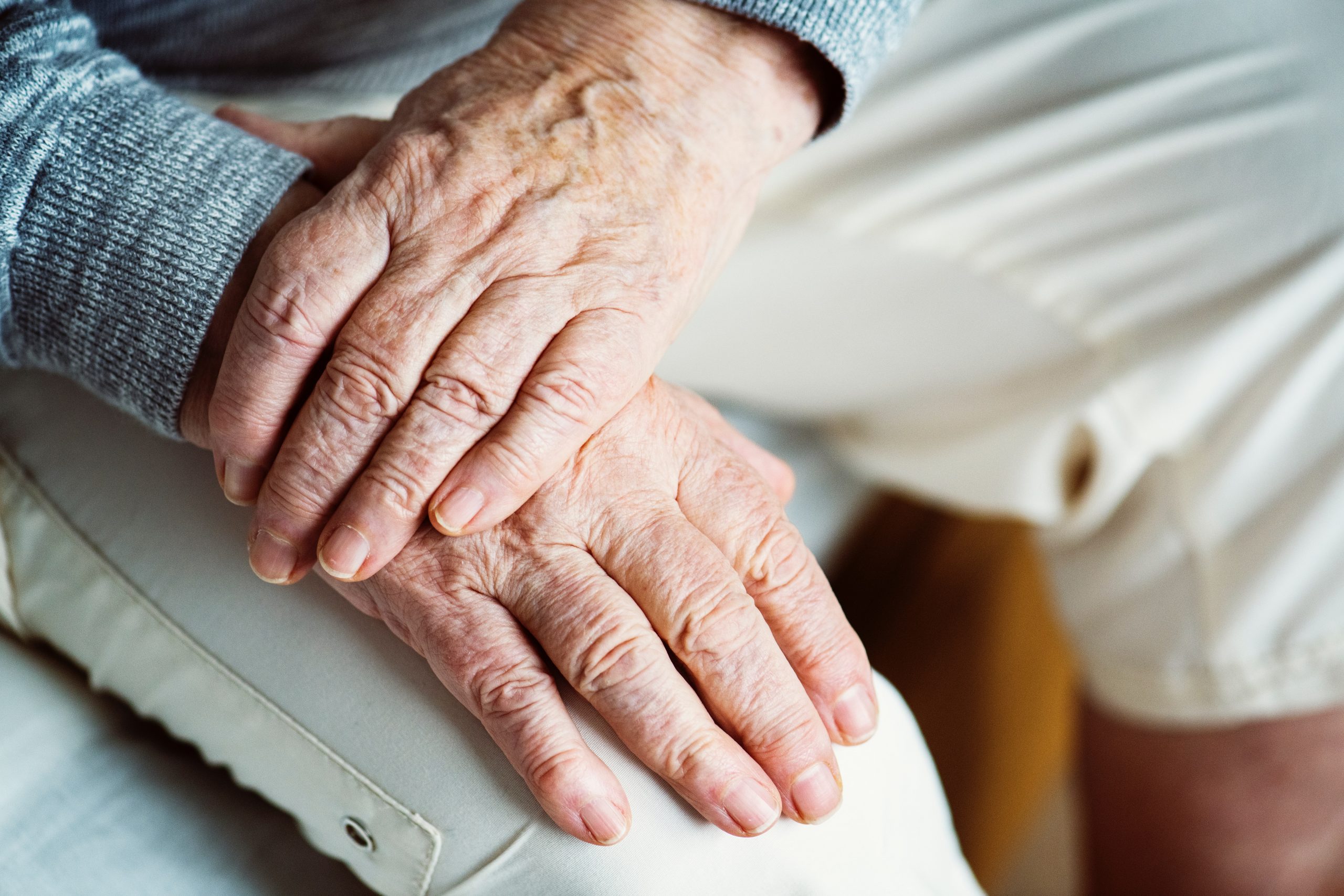I knew for months that something was wrong, but just could not bring myself to visit the doctor. Constant swelling and joint pain finally convinced me to seek help. Much to my surprise, I was diagnosed with Rheumatoid Arthritis (RA). Living with this knowledge for the past few months, I learned vital information that has helped me better understand treatment options and prevent damage.

What is RA?
Before putting a name to my condition, I thought RA was another form of arthritis brought on by strenuous activity, prior injury or other health issues. According to Mayo Clinic, Rheumatoid Arthritis is actually a chronic autoimmune disease that occurs when your immune system mistakenly attacks your own joint tissue, causing inflammation, pain and swelling. If left untreated, this inflammation can lead to bone erosion, deformity, and even damage of vital organs, such as the lungs or kidneys.
How is RA diagnosed?
The symptoms of RA can be difficult to pinpoint during early stages. Although there is no one cause of RA, a physician can diagnose based on blood tests, imaging results, and the presence of joint swelling, heat, redness and tenderness. Additional risk factors can increase your likelihood of having RA, including:
- Genetics
- Age
- Obesity
- Smoking habits
- Occupation
Should I exercise with RA?
Consistent exercise is not only vital to relieving RA symptoms, but it also benefits overall health and bodily function. Low-impact cardio exercises and mild strength training can help to improve flexibility and reduce swelling. If you continue to feel pain while exercising, or the pain increases, stop and consult your physician on future exercise activities.

What treatment options are available?
Treatment of RA can also be a challenge since there is currently no known cure. NSAIDs (nonsteroidal anti-inflammatory drugs), steroids, and DMARDs (disease-modifying antirheumatic drugs) have been used to address RA symptoms; however, each of these medications can cause severe side effects if used over a long period of time. Living a healthy lifestyle can also help to provide relief to RA pain.
How can a clinical study help?
Managing day-to-day symptoms can be frustrating when there is not a known cure, but there is hope! Participating in a clinical study not only provides access to treatment options otherwise unavailable, but it also helps provide better options for future generations! I also found out that qualified volunteers receive study-related care at no cost, and no insurance is needed to get involved. If you or someone you know has been diagnosed with RA, you may be eligible! To learn more, CLICK HERE.Find out how you too, can still live your best life with your symptoms.
